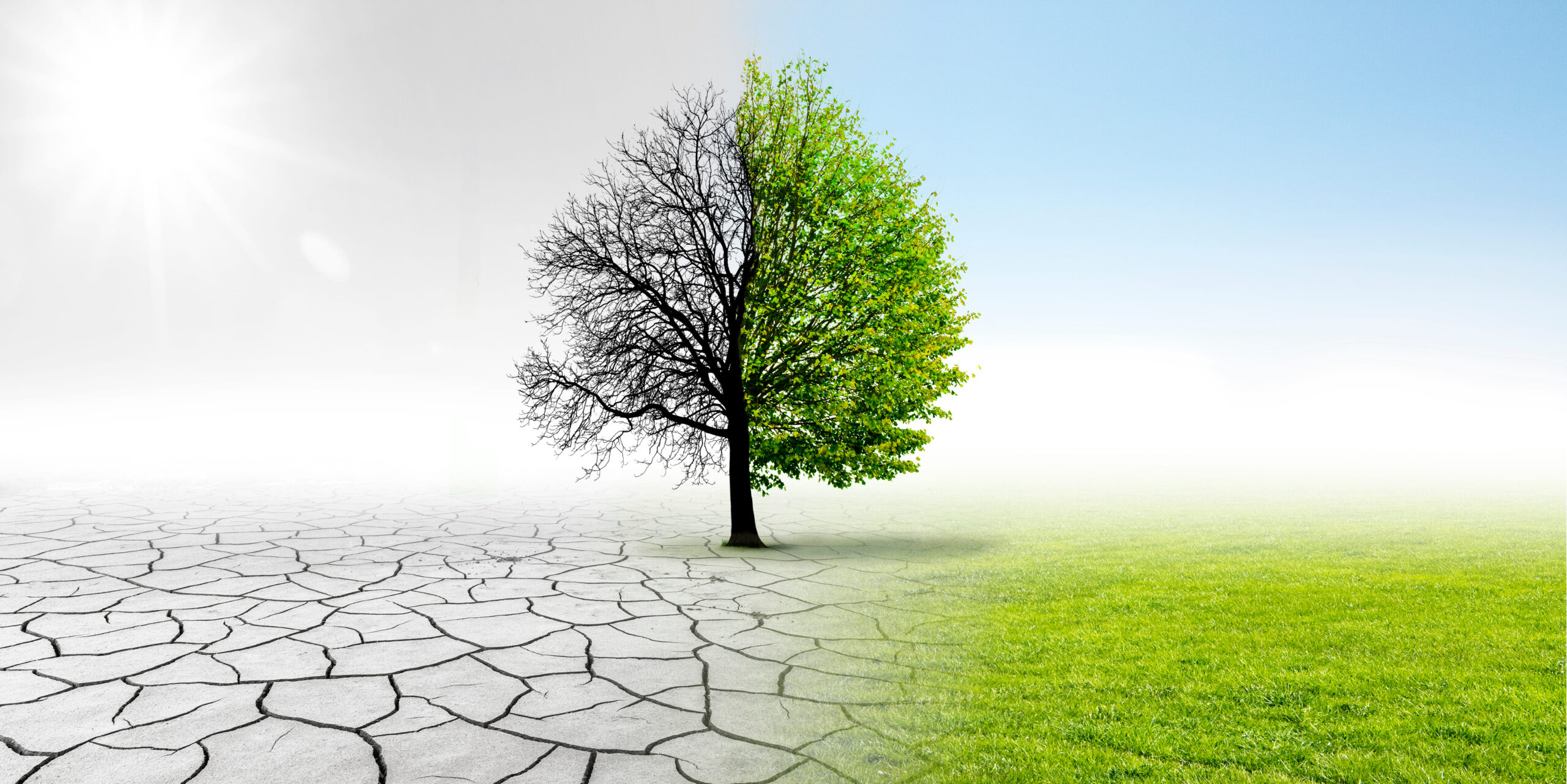ASTANA – The Jamestown Foundation think tank hosted The Green 5+1 for Central Asia event on April 25 in Washington, D.C. to examine Central Asia’s environmental challenges and discuss cooperation between Central Asian states and the United States in addressing the impact of climate change, water management, and energy transition in the region, reported the foundation’s press service.

Photo credit: Shutterstock
According to Kazinform, U.S. experts expressed concern about the environmental situation in Central Asia, which requires attention from the global community and large investments in restoration or rehabilitation, including the transition to a green economy.
Brian Stimmler, Director of the Central Asia Division of the Bureau of South and Central Asian Affairs of the U.S. Department of State, stated that the U.S. is developing strategies to address common vulnerabilities in Central Asia’s water, energy, and food sectors.
He emphasized the importance of the C5+1 working group on energy and environment, which has projects and initiatives stemming from governments. Stimmler mentioned the U.S.’s openness to ideas from the private sector and civil society and highlighted a persistent issue with resources.
“Large-scale investments are needed in the infrastructure of Central Asia to implement commitments to combat climate change,” Stimmler noted.
He added that climate and the environment will continue to be a priority for the United States, both in domestic and foreign policy, including through the C5+1 platform.
Sarah Cameron, Associate Professor of History at the University of Maryland, noted that the United States is also facing the problem of shrinking bodies of water, such as the Great Salt Lake, similar to the Aral Sea. She emphasized that Western scientists are keen on learning from the experiences of Central Asian countries in restoring and rehabilitating the landscape of the Aral Sea region.
Mary Melnyk, the Environmental Security and Resilience Division Chief of the U.S. Agency for International Development (USAID)’s Asia Bureau, expressed concern about the reduction of glaciers, which will become a serious problem in the region, not only for water supply but also for the habitat of snow leopards.
“There are several countries in Central Asia that have institutions for water problems, and we intend to work with them to begin restoring monitoring of glaciers and volumes of water flowing from the mountains,” said Melnyk.
Sanjay Srivastava, Practice Manager for Environment, Natural Resources Management and the Blue Economy in Europe and Central Asia at the World Bank, highlighted that the regional Sustainable Landscapes program has $242 million in concessional loan funds, a trust fund of nearly $13 million, and an additional $5 million available from other sources.
Various programs are being implemented to adapt to and mitigate the effects of climate change in the Aral Sea basin ($64 million), the Blueing the Caspian Sea project ($12.8 million), and improving air quality in the Kyrgyz Republic ($50 million), among others.
Since 2015, the C5+1 diplomatic platform has engaged the United States with the five Central Asian states: Kazakhstan, the Kyrgyz Republic, Tajikistan, Turkmenistan, and Uzbekistan. This cooperation mechanism has enhanced the dialogue between the U.S. and Central Asia on security, economy, energy, and the environment. In November 2023, the Central Asian states and the United States launched the B5+1 business platform to boost economic integration. The B5+1 initiative, operating within the framework of the existing C5+1 cooperation, prioritizes economic security by promoting regional economic integration, implementing reforms, fostering public-private dialogue, encouraging innovation, and attracting foreign investment to the member states, as outlined by the foundation.
